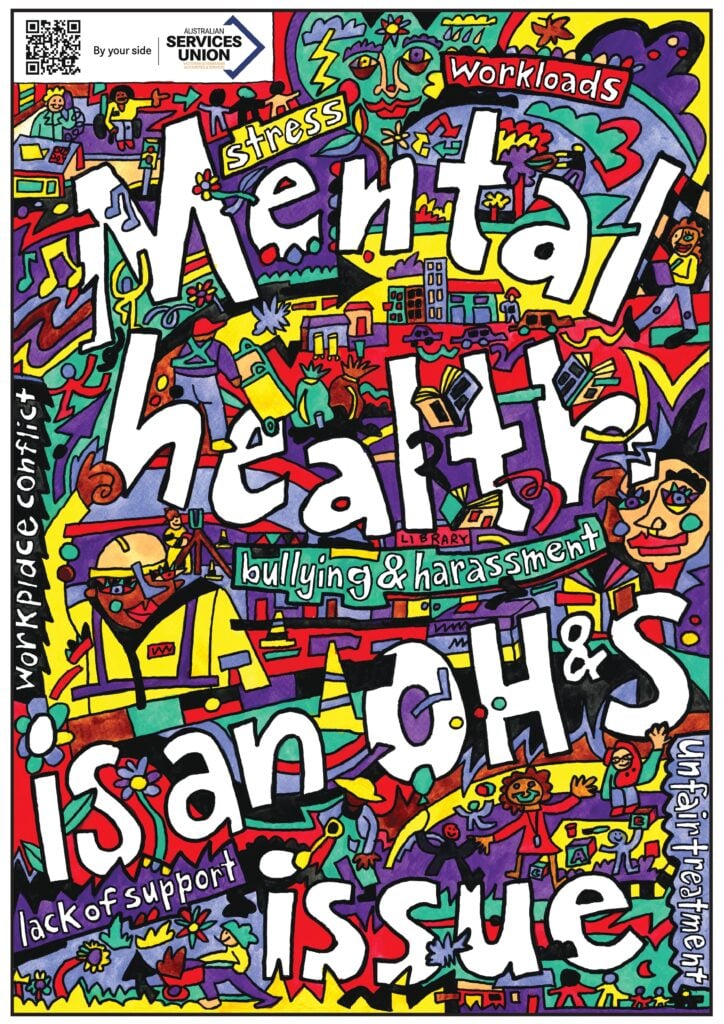When I finally get around to writing my bestselling dystopian novel, it would go something like this…
There would be a handful of very powerful corporations, and they would find a way to hoard wealth amongst and for only each other.
They would manipulate a system that was already bitterly unfair and weighted against working people, and they would discover yet another method for making their money effectively multiply.
The method for this would be morally unconscionable and, at times in history, illegal.
Even more insidiously, sometimes the corporations would be using money from a taxpayer-funded government wage subsidy that they received in response to a global pandemic. A subsidy given in order for the companies to continue paying their workers instead of laying them off in droves – at a time when there were fears that this pandemic would crush businesses the world over.
Spoiler alert: the corporations were not crushed. They made windfall profits and kept the government subsidies.
All the while, the working people (including those working for the, quite frankly, evil corporations) would be sliding deeper and deeper into a crippling cost-of-living crisis that would see even those on wages once considered ‘comfortable’ living payday to payday.
As the adage goes, fact is stranger than fiction.
Share buybacks is the exercise of a company using its excess profits to purchase shares in its own company from shareholders. This concentrates the power of the company to fewer shareholders, and it also creates a false sense of scarcity of the remaining shares on the open market, driving the prices of those shares up.
In the States, share (or stock) buybacks was illegal until 1982 when Ronald Reagan exempted it because he loved money and hated people.
It has become increasingly common in Australia too.
There was a 74% increase between 2021-22 of ASX 300 companies engaging in share buybacks; some of whom made big money off an energy crisis while Australians shivered through a long, wet winter and hesitated to turn their heaters on.
Some of whom have laid off workers, or have had swathes of their workforce in varying types of insecure working arrangements…
One of the biggest criticisms of share buybacks (and rightly so) is that the excess profits could instead be invested back into a company in the form of higher wages for workers.
Since doing a little research about share buybacks for this week’s episode of The Bulletin, I have become grossly fascinated with it. Particularly the aspect where companies can bypass the creating of new innovations and can simply make a neat profit from doing absolutely nothing.
This, in a society where ordinary working Australians are constantly chided for their own inability to “succeed” or “budget” or “thrive” in an environment that actively stacks everything up against them.
Onto a somewhat nicer subject…
As I did in the episode, I told myself I’d finish the article on a high note. A little reflection on mental health in the workplace.
It is fine to love your job, to be invested in what you do, or to strive for a career.
But by the same token, remember you are a whole person outside of your job.

Maybe you’re living with a mental health condition. Or you’re a carer for a family member who lives with disability, or one who is very young, or one who’s elderly.
Taking a mental health day is not a failure, just as it wouldn’t be if you were sick with something like COVID.
Perhaps your circumstances mean that a day off isn’t an option. Not operating at 100 per cent at work is also not a failure.
Be easy on yourselves and look out for each other, because this world can be a tough place sometimes <3












SHARE:
Share Buybacks: the Billionaire Get-Rich-Quick Scheme